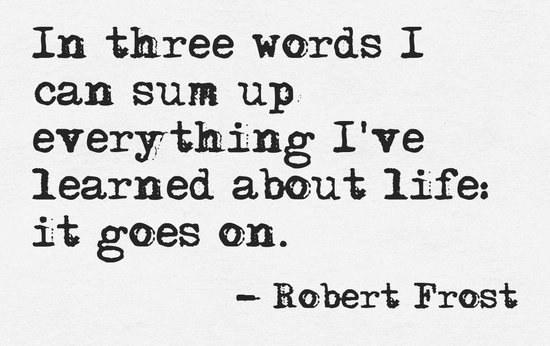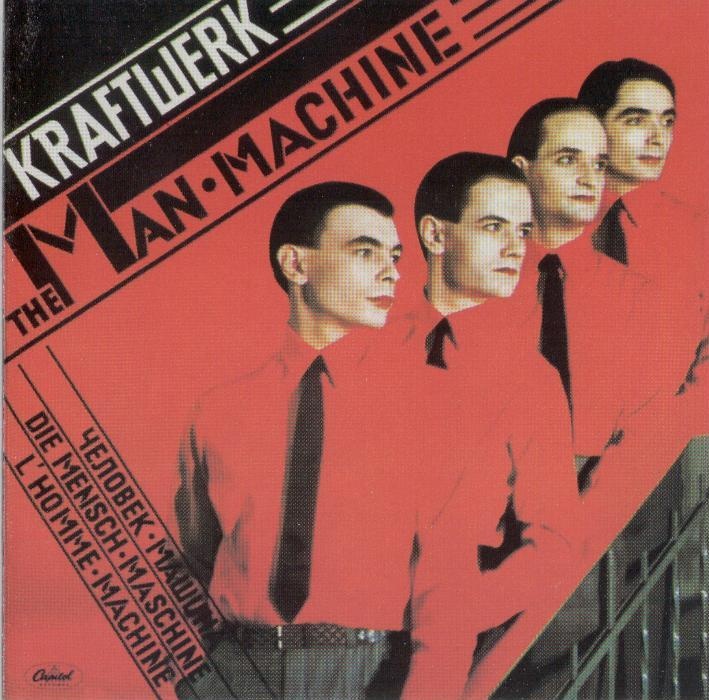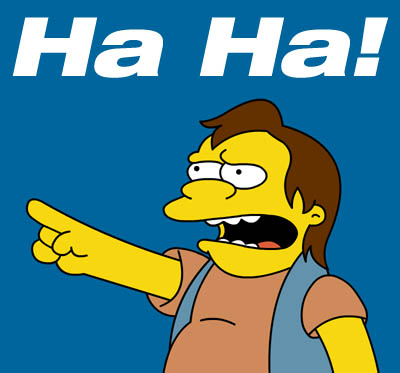
Posted on 08/26/2014 9:41:04 AM PDT by a fool in paradise
A scuffle at a Connecticut opera reveals the bleak future of the orchestra pit
This August's production of Richard Wagner's four-opera Ring cycle in Hartford, Conn., has been postponed.
Rather than hiring pit musicians, producer Charles M. Goldstein had intended to accompany the singers with sampled instrument sounds, played by a computer. Not a CD, not a synthesizer; the computer triggers the playback of individual notes (“samples”) originally recorded from real instruments.
The reaction of professional musicians—and, of course, the musicians' union—was swift and furious. New York City's Local 802 president called it operatic karaoke. Hate mail poured in. In the end, the opera's music director, as well as two of the stars, withdrew from the production.
I know exactly what Goldstein must be feeling right about now. For my first 10 years out of college, I worked on Broadway shows as a musical director and arranger. In 1993 the group now called the Broadway League (of theater owners) contacted me. They wanted me to demonstrate how well computers and samplers could serve a live performance.
I was flattered that powerful producers were seeking the advice of little 30-year-old me. I was all set to help out—until I started getting anonymous threats on my answering machine.
It turns out, the Broadway League and Local 802 were at the bargaining table, and the league wanted to use technology as leverage. The unspoken message: “If we can't reach an agreement, our shows will go on—without live music.”
I bowed out. I was a Local 802 member and employed by a Broadway producer; I was in no position to choose a side. Even today, though, I'm deeply empathetic to both parties.
Musicians and music lovers argue that live orchestras are essential. Nobody buys a ticket to listen to a CD; there's something thrilling about musicians working as a unified artistic element. Of course, the musicians' unions also have a less noble interest: keeping their dwindling ranks employed.
For their part, producers often argue that there might be no show at all without a digital orchestra; live musical theater is expensive. Just look at the list of U.S. opera companies that have closed in the past few years: Opera Cleveland, Opera Pacific, San Antonio Opera and, shockingly, New York City Opera.
Do we really want to eliminate opera altogether or watch it with a piano accompaniment—a live player, yes, but a puny sound? Those outcomes serve nobody, including the public.
As technology has marched on, the musicians have lost two additional arguments: that fake music doesn't sound as good as real players and that audiences demand live players.
These days you can't tell a live but amplified orchestra from a high-end sampled one. And—tragically, to me—it doesn't seem as though, in the end, showgoers care much. During a 1993 musicians' strike, management at the John F. Kennedy Center for the Performing Arts in Washington, D.C., announced that its production of The Phantom of the Opera would use taped accompaniment. About 90 percent of ticket holders attended anyway.
It's likely Goldstein is correct that a full live orchestra would make his Ring cycle too expensive to produce. But if we let him proceed, what's to stop producers from running with that argument, eventually replacing all live players to save money? It's a fraught situation, rife with potential for abuse on both sides.
History is not on live music's side. Canned music has largely replaced live players at dance performances, restaurants, school plays and community theaters. Nobody seems to bat an eye.
Further, the efficiencies and economies of digital technology have destroyed the old models in other creative industries: book publishing, moviemaking, pop music recording, and so on.
The battle between technology and live music will rage on for years, with passion on both sides. But as a musician and a live music fan, it's painful for me to say it: the long-term future of live pit musicians doesn't look especially upbeat.
This article was originally published with the title "Unsettled Score."

Digital music is to live music what movies are to plays.
that can be taken a couple of ways, but it is accurate.
Topic suggestions are always welcome, and pings to music-related threads are appreciated.
FReepmail or reply to this post to be added to or removed from this list.


Natural consequence of demanding & leveraging excessive wages. “A thing is worth only what another is willing to give for it” ... and live performances are not, to a large & growing percentage of potential audiences, worth >10x a CD or video.
My approach to this one is from the point of view of an audiophile.
Few home systems approach live sound (that’s “approach”). No (that’s zero, nada) large auditorium audio system I’ve heard has sounds that I would even class as “not that bad at all.”
I stand to be corrected, of course, but for now I’d avoid any “sampled orchestra” performance just as I’d avoid coming anywhere near to the Obamadork
A digital recording of John Cage’s 4’33” is remarkably close the original performance!
Simple Solution. Ban Music.
(am I turning Muslim ?)
I seldom attend live performances any more. My wife and I are opera fans, and used to be season ticket holders at Houston Grand Opera. We stopped going due to the fact that almost all new productions of operas are revisionist crap that are almost never set in the proper period or place. I prefer to watch Blu-rays or DVDs of better performances at home.
Those live bands on the late night shows always seem goofy and expensive. Yes I know music is needed to time the next break, but a computer can do it. Goodby
I think the bands in the studio at the late night programs are there to keep the studio audience “buzzed” or “electric”. Don’t want the studio audience to be less than lively.
Q: Which is better? A real drummer or a drum machine?
A: A drum machine. It keeps better time and doesn’t sleep with your girlfriend.
I agree, but for the masses close is good enough.
Where are the Patrons in today’s 1% population to support those institutions that only they can afford? The Koch brothers build hospitals. Why don’t the art loving rich give to the opera instead of buying art for private consumption?
The modern art auction market can be a way to store money in other physical assets that sometimes even go up in value.
Paying to subsidize welfare to stage million dollar opera shows is a money losing proposition.
Just got back from Boston. I heard the 1870 organ in St. Catherine of Siena on Warren Street. All mechanical. They are repairing it. Here’s the website.
http://stmarystcatherine.org/restoring-st-marys-pipe-organ/organ-gallery/
It’s called philanthropy. Gates and Buffet and others say they are not passing their wealth to offspring. But they are just putting it into foundations that apparently don’t include preservation of those institutions.
I went to the local philharmonic a few times and I don’t care to go back. The seats are too small and there isn’t a lot going on from a visual standpoint.
Besides I worked in public TV and sat through plenty of music productions. Digital media is for me. My wife likes to go. I pass.
I confess that I have not spent money to see an actual symphonic orchestra in many decades - I was a huge audiophile in the mi-70’s to early 80’s.
I’ve been in a lot of “bar” bands since I started playing bass in ‘98 and find that the better I get, the less I appreciate live music, unless the musicians are truly talented/skilled.
The dirty secret is that the classical genre just isn’t what it was before radio and TV. No type of live performance is.
Disclaimer: Opinions posted on Free Republic are those of the individual posters and do not necessarily represent the opinion of Free Republic or its management. All materials posted herein are protected by copyright law and the exemption for fair use of copyrighted works.